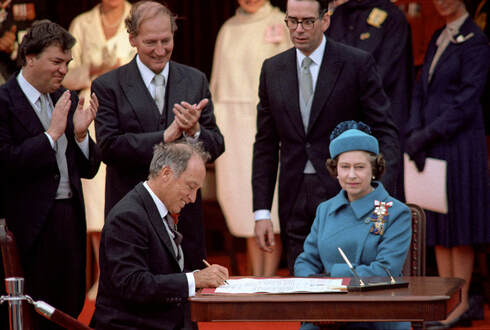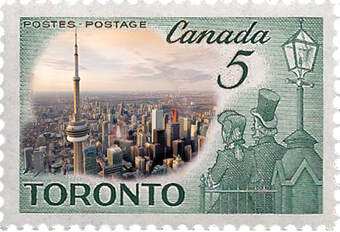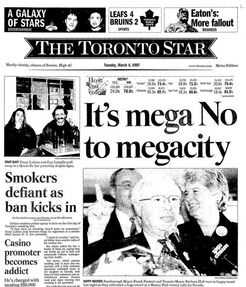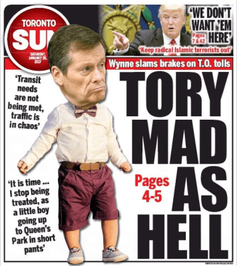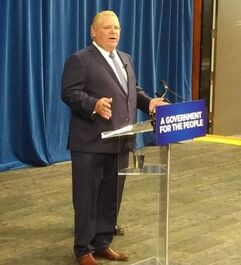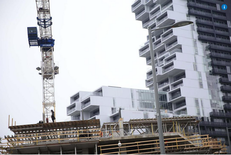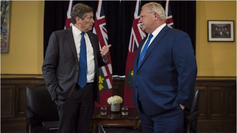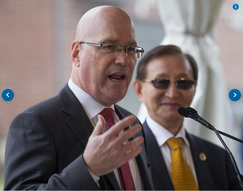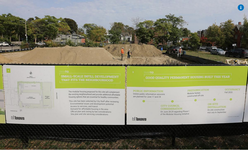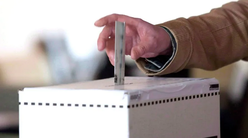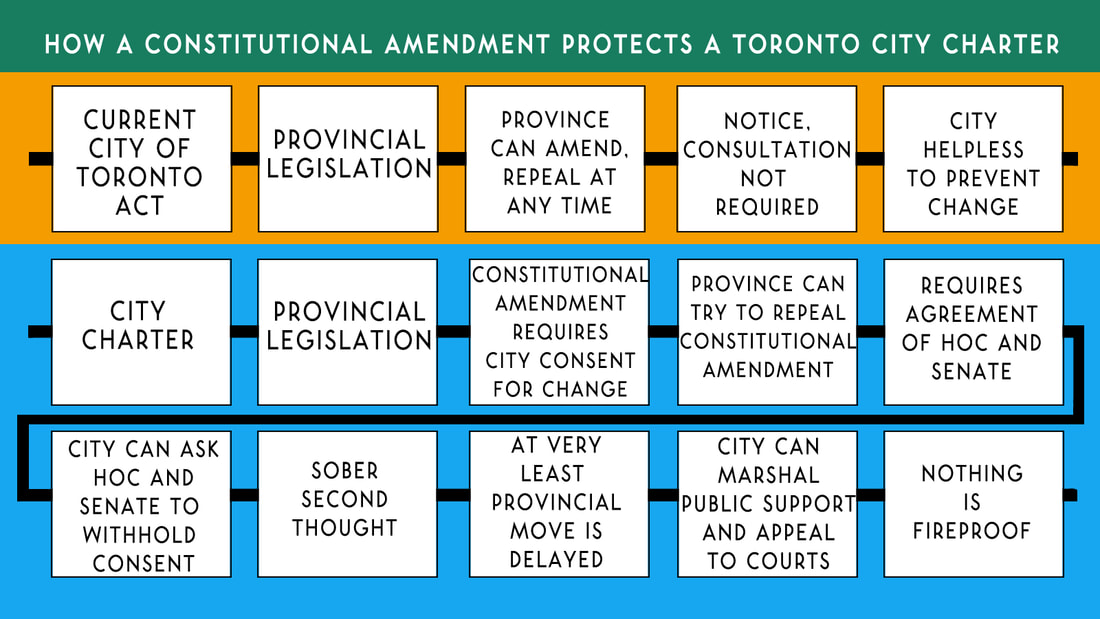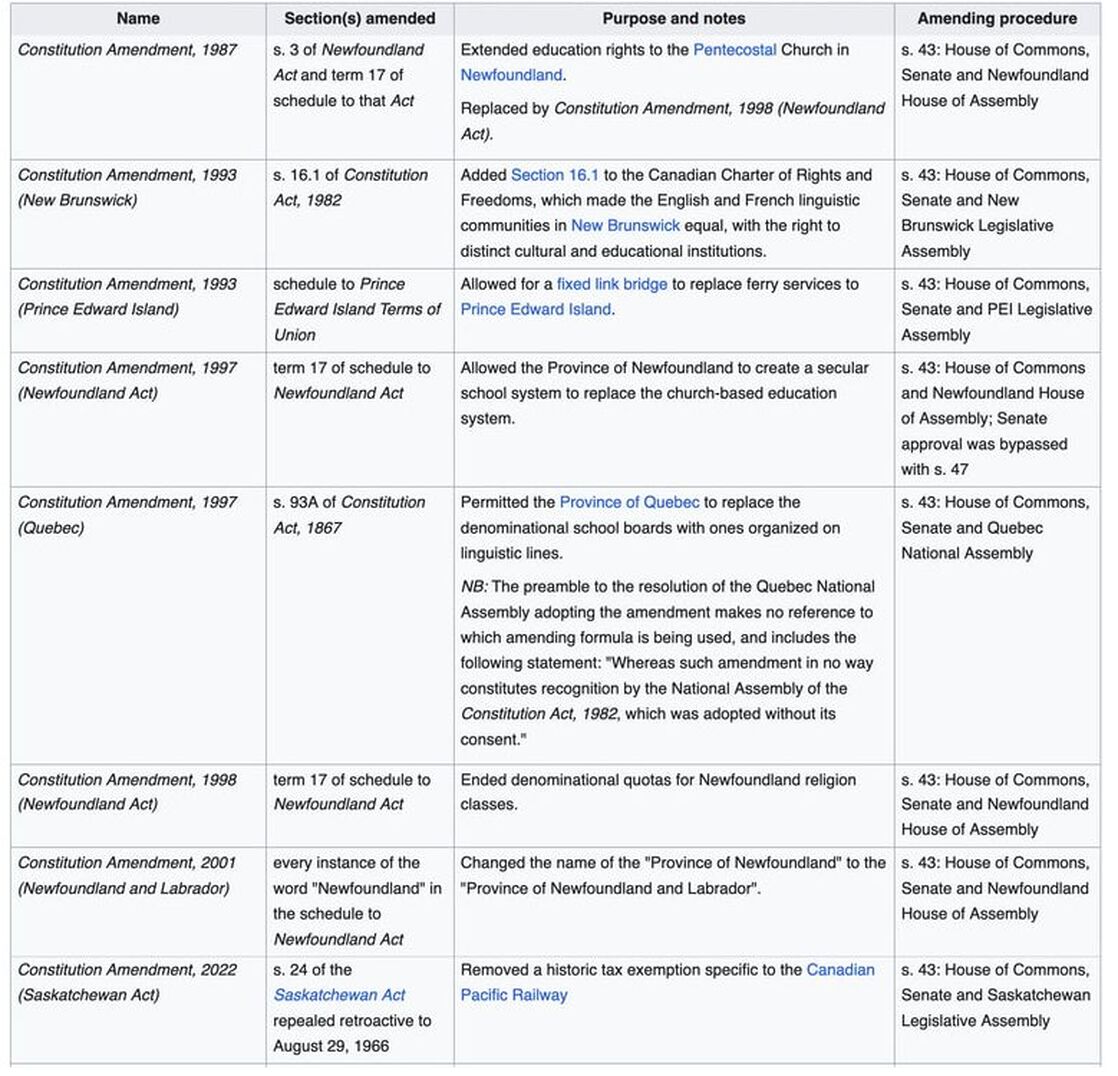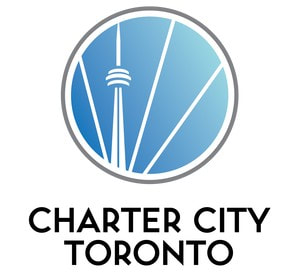“Should a province decide that cities will no longer have elected councils, no longer have mayors...so be it.
|
The key to the adoption of any City Charter is constitutional protection.
Without it, Toronto will continue to be at the mercy of provincial whim.
A City Charter that is merely provincial legislation can be amended or revoked unilaterally by any provincial government, without notice to, consultation with or agreement of the city. This is the case with the current City of Toronto Act and the Municipal Act of Ontario, which governs all other cities, towns and regions.
It would be pointless for Toronto to do the considerable work necessary to negotiate and implement long-term powers, authority and funding arrangements if they can be simply revoked at any time by the province.
In order to protect and guarantee the City Charter, we propose a single-province amendment to the Canadian Constitution that would:
A City Charter that is merely provincial legislation can be amended or revoked unilaterally by any provincial government, without notice to, consultation with or agreement of the city. This is the case with the current City of Toronto Act and the Municipal Act of Ontario, which governs all other cities, towns and regions.
It would be pointless for Toronto to do the considerable work necessary to negotiate and implement long-term powers, authority and funding arrangements if they can be simply revoked at any time by the province.
In order to protect and guarantee the City Charter, we propose a single-province amendment to the Canadian Constitution that would:
• Enable the creation of Charter Cities in Ontario
• Spell out the rules for amending any such Charter in the future
• Guarantee that changes can only be made with the consent of the city.
• Spell out the rules for amending any such Charter in the future
• Guarantee that changes can only be made with the consent of the city.
Why Cities Need Protection - a History of Provincial Interference
Predictability and stability of a city's ability to determine--and pay for--its own affairs are absolutely necessary for the success of any city. Such things are impossible to count on when a provincial government can countermand any city decision before or after the fact.
Even as city governments have matured and become more sophisticated in the past 20 years, provincial governments have demonstrated that they are increasingly willing to interfere directly in affairs that can only be considered purely municipal in nature. In the past two years, the Ford government in Ontario has elevated this interference to a new level.
Here's a partial list of examples of provincial interference in Toronto's affairs and those of other Ontario Municipalities.
See our NEWS page for more details.
Even as city governments have matured and become more sophisticated in the past 20 years, provincial governments have demonstrated that they are increasingly willing to interfere directly in affairs that can only be considered purely municipal in nature. In the past two years, the Ford government in Ontario has elevated this interference to a new level.
Here's a partial list of examples of provincial interference in Toronto's affairs and those of other Ontario Municipalities.
See our NEWS page for more details.
1998 Harris Government Dissolves Metro Toronto
The Mike Harris provincial government forcibly amalgamated Metropolitan Toronto's six constituent cities and boroughs to create a single-tiered megacity in 1998.
The amalgamation occurred despite a municipal referendum in 1997 in which over three-quarters of voters cast ballots rejecting the proposal. Whether or not the Metropolitan government system was better than the megacity approach, the fact is that the province, for its own reasons, overruled the popular will of city residents and leaders alike. Provincial-city relations have never been the same. |
2017 Province Disallows City Road Tolls
In 2017, Premier Kathleen Wynne disallowed the city's power to toll its own roads the first time Toronto tried to use it to raise transit money by tolling the Gardiner Expressway and the Don Valley Parkway.
Instead, the provincial government increased the city's financial dependence on Queen's Park by substituting a share of the provincial gas tax. A planned increase to the city's share of the gas tax was repealed by the Ford government in 2019, blowing a $1.1 billion hole in Toronto's capital budget. |
2018 Doug Ford's Slashes Toronto Council; Cancels Regional Elections
In 2017, Toronto voted to expand its city council from 44 to 47 members to improve representation. In the middle of the 2018 election campaign, Ontario Premier Doug Ford cut the council to 25 with the stated goal of saving money. He also cancelled regional Chair elections in Niagara, Peel, York and Muskoka.
Over objections, the Premier threatened to invoke the nuclear option of overriding Torontonians' Charter Rights to achieve his goal. The City of Toronto is fighting this decision in court; the case will be heard at the Supreme Court of Canada in March 2021. |
2018 Province Takes Over Planning of Local Transit in Toronto
The Ford government threatens to upload Toronto's subways to the province, gutting the TTC. He back down, but takes over planning for future local transit in the city of Toronto. His government then proceeds to dictate the route of the relief subway line and other projects, without the involvement of the city of Toronto.
|
2019 Ford Throws Out Two City Land Use Plans
The province modified land use plans for downtown and mid-town Toronto to allow greater height and density and restricted the city's ability to charge developers for city costs related to their developments. The plans had been the subject of years of preparation and community consultation. Critics accused the province of putting benefits to developers over its responsibility to the city.
|
2019 Ford Unilaterally Cuts Millions in Municipal Funding
The province, without consultation or notice, slashes contributions to municipalities for public health, policing, library services, child care, tourism and flood management. Cities across the province rebel, saying the cuts will force them to raise taxes significantly. the city of Toronto frames the cuts as a loss of $1 billion dollars over a decade.
|
2019 Ford Reinstates Archaic Rules on Land Use Appeals
|
2020 Province Overrules City with Secret Zoning Orders
Minister Clark issued three Ministerial Zoning Orders to benefit three downtown developers who had donated $25,000 to the Ontario PC part between 2018 and 2020. The city was not notified, but discovered the secret orders by accident.
In 2016 and 2017 the previous Liberal government used Ministerial Zoning orders twice. Clark has used more than two dozen in 2020 alone in municipalities across the province. |
2020 Province Revokes Ranked Ballot Option for Municipalities
Without notice or consultation, the Ford government revokes the ability of Ontario municipalities to use ranked ballots in their local elections. The city of London which already uses ranked ballots, must revamp its electoral system. Dozens of other cities who were considering ranked ballots protest to no avail. All three opposition parties vow to restore the ranked ballot option if they are elected in 2020.
|
How it Works
Under Section 43 of the Canadian constitution, any province can make an amendment to the constitution that applies to that province only. (A smaller-than-ten group of provinces can do the same in concert.) Such an amendment requires only the consent of the province involved, the House of Commons and Senate.
There have been eight single-province amendments to the Constitution since it was adopted in 1982. Newfoundland passed one in 1997 to establish a secular school system. New Brunswick passed one in 1993 to establish equality between the province’s French and English-speaking communities.
The amendment we propose would be simple, perhaps three or four clauses and fewer than 100 words, to enable City Charters and describe how to create and amend them (with the city's consent). Once this enabling clause is inserted in the constitution, any existing City Charters would be protected and any future City Charters would be automatically protected upon their creation.
There have been eight single-province amendments to the Constitution since it was adopted in 1982. Newfoundland passed one in 1997 to establish a secular school system. New Brunswick passed one in 1993 to establish equality between the province’s French and English-speaking communities.
The amendment we propose would be simple, perhaps three or four clauses and fewer than 100 words, to enable City Charters and describe how to create and amend them (with the city's consent). Once this enabling clause is inserted in the constitution, any existing City Charters would be protected and any future City Charters would be automatically protected upon their creation.
We believe it's important that the City Charter itself not be entrenched in the Constitution. Doing so would mean that any change to the Charter--even a comma--would have to be approved by both the provincial and federal governments, but the city would not have any say. This would in effect double the number of senior governments whose permission Toronto would need to change its own charter.
Some cities, such as Los Angeles, allow changes to their Charter only through majority vote of city residents in a referendum. This additional level of charter protection is somewhat foreign to the Canadian practice, but it could be considered, as a way to ensure voters agree to any change, as a way for a sufficient number of citizens to themselves propose a charter amendment, or as a way to solve an impasse between the city and the province.
No arrangement is fireproof or 100% effective at protecting cities form a provincial government determined to interfere. For example, a provincial government could seek to amend the constitution, removing the city's involvement in changing the Charter. But this would require parliament's consent and at least give the city an opportunity to mount a defence, unlike the situation in 2018 where the city had no opportunity to forestall the province's cuts to city council.
While Canada's constitutional rules do not allow for cities to gain co-equal status with a province, a City Charter with constitutional protection would give cities an immeasurably more powerful voice and status in any discussion of municipal affairs.
Some cities, such as Los Angeles, allow changes to their Charter only through majority vote of city residents in a referendum. This additional level of charter protection is somewhat foreign to the Canadian practice, but it could be considered, as a way to ensure voters agree to any change, as a way for a sufficient number of citizens to themselves propose a charter amendment, or as a way to solve an impasse between the city and the province.
No arrangement is fireproof or 100% effective at protecting cities form a provincial government determined to interfere. For example, a provincial government could seek to amend the constitution, removing the city's involvement in changing the Charter. But this would require parliament's consent and at least give the city an opportunity to mount a defence, unlike the situation in 2018 where the city had no opportunity to forestall the province's cuts to city council.
While Canada's constitutional rules do not allow for cities to gain co-equal status with a province, a City Charter with constitutional protection would give cities an immeasurably more powerful voice and status in any discussion of municipal affairs.


